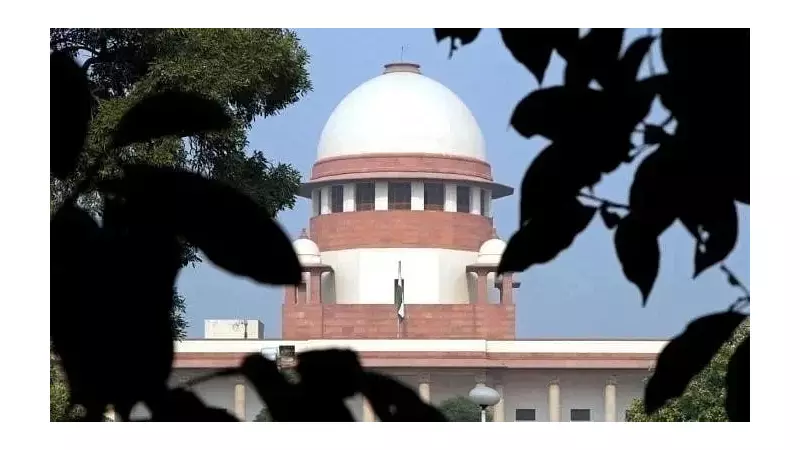
Supreme Court Takes Strong Stand Against Jojari River Pollution
The Supreme Court of India has delivered a stern rebuke to Rajasthan authorities for their consistent failure to control the severe pollution affecting the Jojari River. A bench comprising Justices Vikram Nath and Sandeep Mehta expressed strong dissatisfaction with the state's handling of the contamination crisis during a hearing on November 17, 2025.
Judicial Scrutiny of Environmental Negligence
The court was addressing a suo motu case concerning the alarming contamination levels in the Jojari River's water. Justices Vikram Nath and Sandeep Mehta presided over the proceedings, highlighting the grave environmental and public health implications of the ongoing pollution. The bench emphasized that the authorities' inadequate response to the crisis demonstrated a serious failure in fulfilling their environmental protection responsibilities.
During the hearing, the judges pointed out that despite previous warnings and ongoing monitoring, the situation had shown little improvement. The court's intervention through this suo motu case underscores the judiciary's proactive approach to addressing critical environmental issues that directly impact community health and ecological balance.
Broader Implications for Environmental Accountability
This case represents a significant moment in India's environmental jurisprudence, as the Supreme Court continues to take a strong stance on pollution control matters. The court's criticism of Rajasthan authorities sends a clear message to all state governments about their fundamental duty to protect natural water resources from contamination.
The Jojari River pollution case joins a growing list of environmental matters where the judiciary has intervened to ensure proper implementation of pollution control measures. The court's strong position emphasizes that environmental protection is not optional but a mandatory responsibility of every state administration.
Legal experts suggest that this ruling could set important precedents for how similar cases of environmental negligence are handled across the country, potentially leading to more stringent enforcement of pollution control regulations and greater accountability for government agencies tasked with protecting natural resources.





